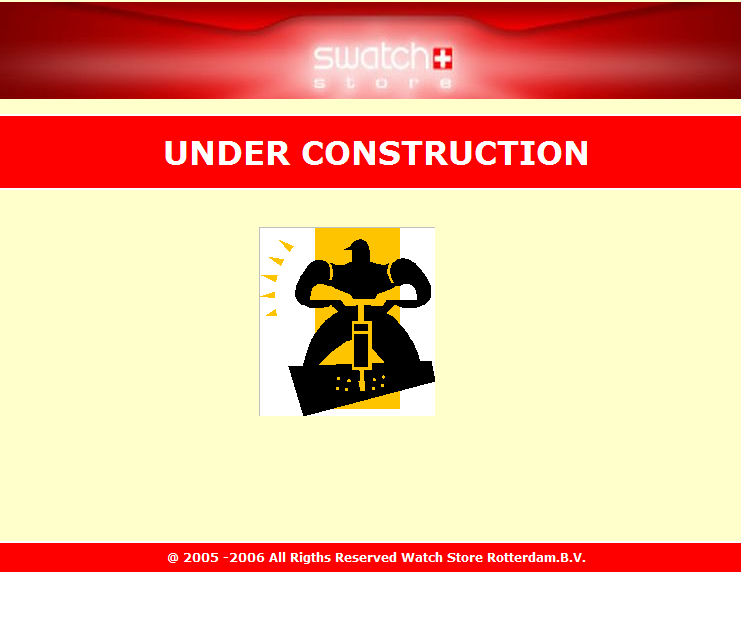Eerder sprake van geautoriseerde distributie
 Met gelijktijdige dank aan Marieke Coumans en Elise Menkhorst, De Gier | Stam & Advocaten.
Met gelijktijdige dank aan Marieke Coumans en Elise Menkhorst, De Gier | Stam & Advocaten.
Eiser, internationale holding, ontwerpt, produceert en verkoopt horloges en juwelen en onderdelen. Is houder van diverse merk- en domeinnamen. Gewraakte domeinnamen zijn geregistreerd in naam van verweerster, deze was eerste franchisee van eiser in Nederland. Vóór het registreren van deze domeinen is er toestemming gevraagd en verkregen, eveneens is er toestemming verkregen om een web shop te starten op waar originele producten van eiser zouden worden verkocht. Er was dus eerder sprake van geautoriseerde distributie van de producten van eiser dan van registratie te kwader trouw. Update: Bij overname van de shop door eiser is gesproken over overname van domeinnamen, maar eiser heeft toen gekozen om deze domeinnamen niet in de overeenkomst op te nemen om later alsnog een redelijke prijs af te spreken. Overigens verkoopt verweerster geen Swatch (meer) en doet zij niets met de domeinnamen.
Een beroep, door verweerster, op reverse domain name hijacking werd echter niet erkend. Afwijzing van de klacht en geen overdracht van de domeinnamen.
Onder B (...) Furthermore, when acquiring the “Swatch” shops from WATCH STORE ROTTERDAM B.V. in 2006, the parties discussed the transfer of WATCH STORE ROTTERDAM B.V.’s domain names and decided not to include them in the purchase agreement - not because they were not registered in the name of WATCH STORE ROTTERDAM B.V. but because the parties would otherwise not have been able to negotiate a purchase price.
Onder C: Based on the evidence before the Panel, the Panel finds that the disputed domain names were not registered in bad faith and that the Complaint consequently fails. The Respondent provided evidence in these Policy proceedings that the disputed domain names were both registered after WATCH STORE ROTTERDAM B.V. started to sell the Complainant’s products and that the Complainant was aware of the domain name registrations from the very beginning. Furthermore, it is clear to this Panel from the evidence provided by the Respondent that the disputed domain name was in fact registered by the Complainant itself in the name of WATCH STORE ROTTERDAM B.V., and that WATCH STORE ROTTERDAM B.V. built a web shop for the Complainant’s products at with the Complainant’s consent. Therefore, the Panel finds that the disputed domain names were not registered in bad faith, but rather, for the purpose of the authorized distributorship of the Complainant’s products.
Onder 7 Reverse Domain Name Hijacking
The Respondent requests a finding of reverse domain name hijacking. This is defined in the Rules as “using the Policy in bad faith to attempt to deprive a registered domain-name holder of a domain name.” Moreover, paragraph 15(e) of the Rules provides as follows: “If after considering the submissions the Panel finds that the complaint was brought in bad faith, for example in an attempt at Reverse Domain Name Hijacking or was brought primarily to harass the domain-name holder, the Panel shall declare in its decision that the complaint was brought in bad faith and constitutes an abuse of the administrative proceeding.”In the present case, where the Complainant owns trademark rights confusingly similar to the disputed domain names and where the legal aspects of the case with regard to the Respondent’s rights or legitimate interests are not undisputed, the Panel declines to make a finding of reverse domain name hijacking.





















































































